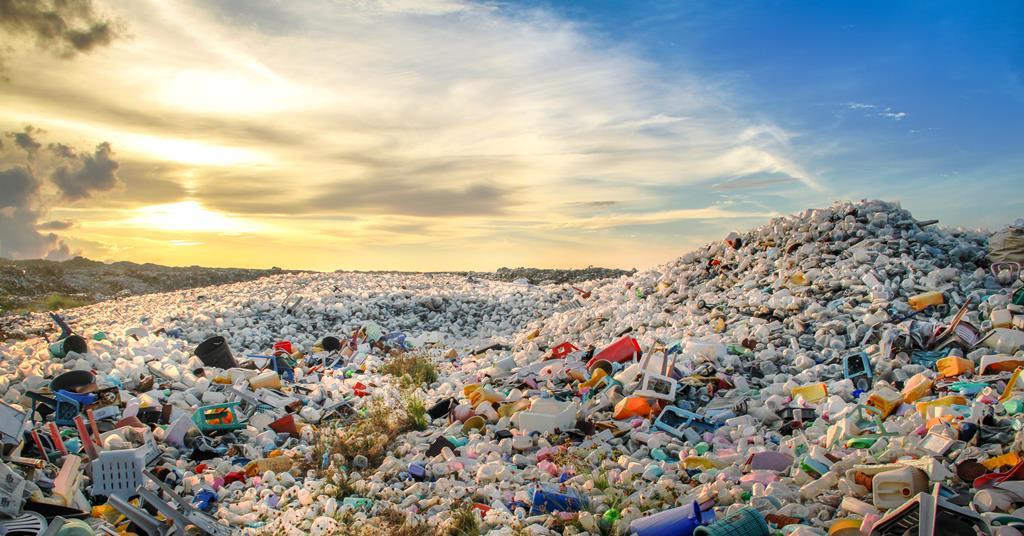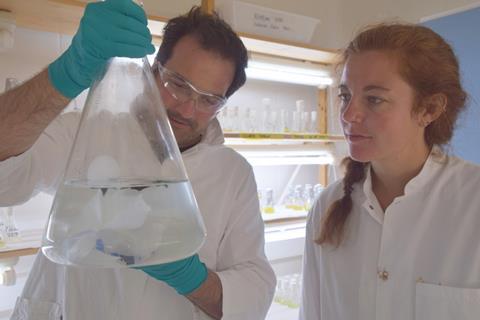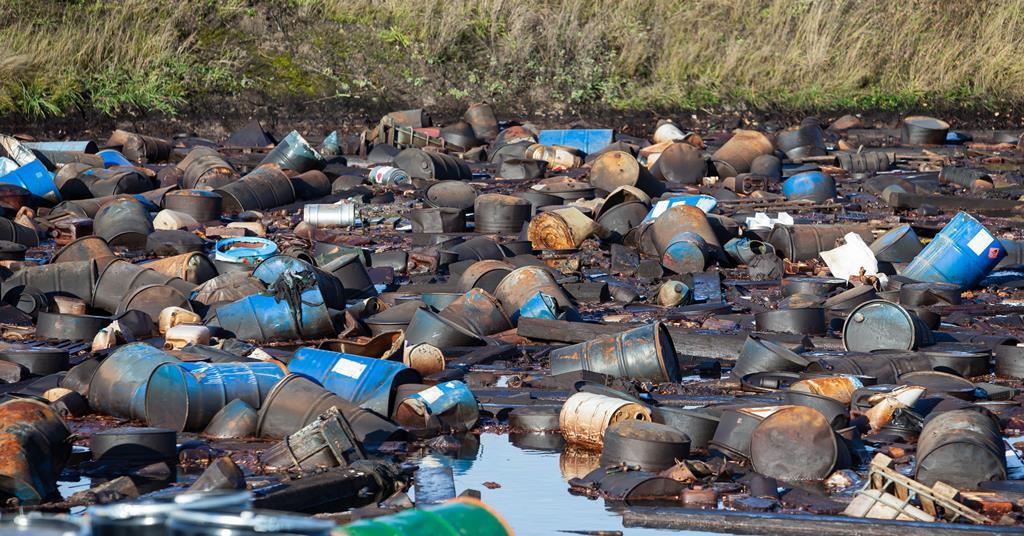Researchers are calling for global action to address the complex mix of chemicals that go into plastics and for greater transparency on what they are. Identifying and managing chemicals in plastics is going to be key to tackling waste, they argue. Discussions got underway in December on a global plastics treaty to address the full […]
Read More








